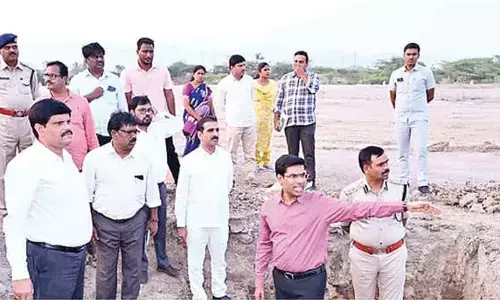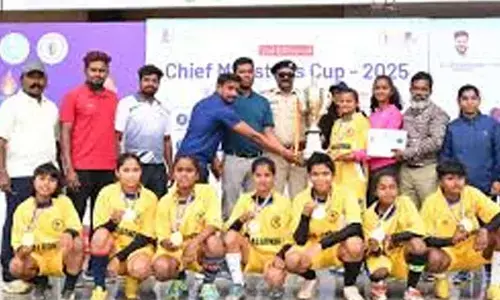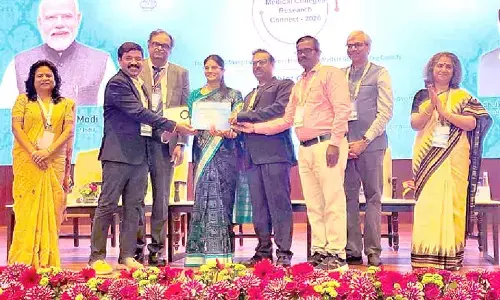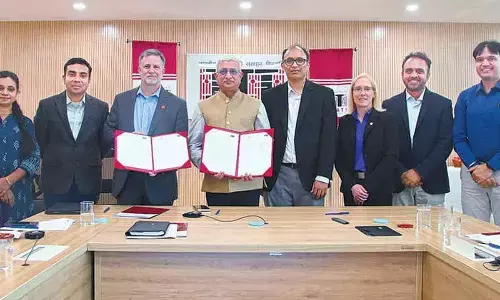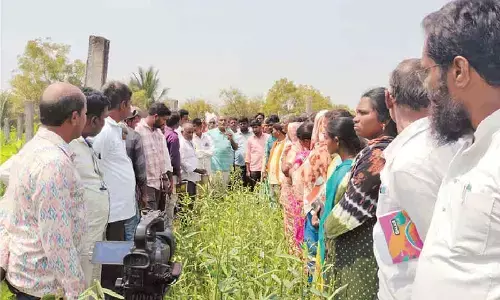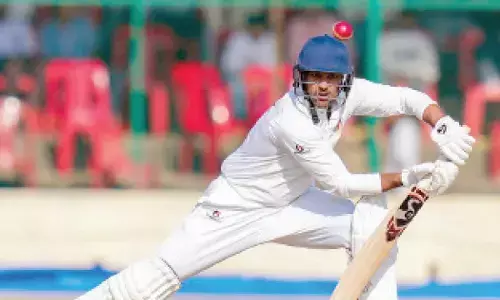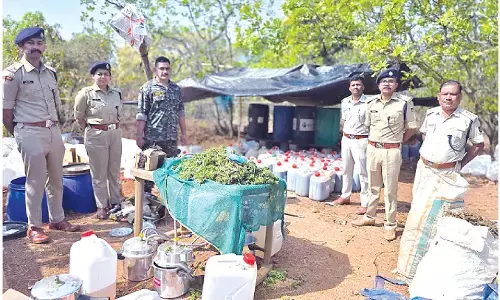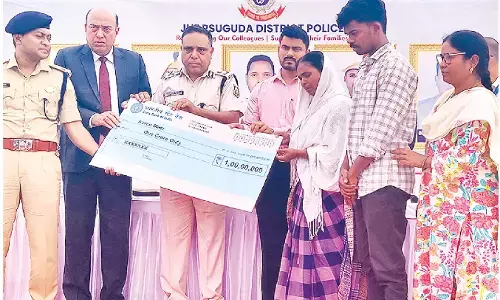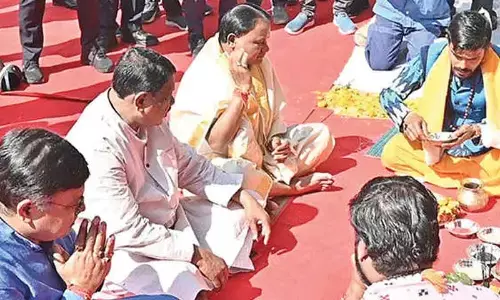Tech startups crunching key poll data for parties
 Tech startups crunching key poll data for parties
Tech startups crunching key poll data for partiesIn the offline world, it is not difficult to understand where you need to run your campaigns to get the attention of the voters you want to target. The digital world, in contrast, is way too fragmented, often making it difficult for political parties to decide where to put their money on.
But there is help at hand, especially when it comes to advertising on online videos. Noida-based video data analytics platform Vidooly is one of them. Set up in 2014 with the aim of providing online video intelligence to content creators, brands, multi-channel networks, agencies and media companies, Vidooly now finds that its services are also being used by political parties.
"We are not helping the political parties directly, but we are working with several media buying agencies that run political campaigns on online videos on the basis of the intelligence provided by us," Vidooly CEO Subrat Kar told IANS.
"The core competency of our company is to track and analyse the online videos to help our customers understand what content to create, what their audience is watching, and to help them understand the behaviour of their audience," he added. Vidooly, Kar explained, gets its data from two sources -- one is to get it from platforms themselves, be it Facebook, Twitter or Instagram or other such platforms, or through their application programming interfaces (APIs).
"The other way is to mine the data to which we are getting access to through our partnership with the publishers. For example, we have partnerships with over 90,000 publishers and we get access to all the data related to the videos run by these publishers, like who are the people watching these videos and where they are located, etcetera," Kar said. The company, which has over 100 employees, uses both Artificial Intelligence (AI) and Machine Learning (ML) to analyse data.
"When we have to target audience in certain closed apps, we also do manual tracking and analysis as we do not do scraping," Kar said, adding that 60 per cent of its businesses come from India and 40 per cent from outside the country. "The charges for our intelligence can range from Rs 15,000 to Rs 500,000 depending on the digital appetite of our customers," he said.
Vidooly is not the only company that has come to the rescue of political parties this election season. Neta app claims its services could be of use to political parties in terms of selecting the right candidate. "Our app, which allows its 2.5 crore users to rate and review their leaders, also help political parties to select the best candidates for a particular constituency," said Pratham Mittal, Founder, Neta App.
"For the BJP or the Congress High Command, for example, it may be difficult to choose the right candidate in a remote place. "Looking at our ranking can help them understand who has a better chance of winning the election. We do not charge anything from the political parties for the rankings. It is available on public domain," Mittal told IANS.
In an earlier interview, Congress spokesperson Sanjay Jha had said that the party is not only reaching out to the youth through social media but also to other sections of society. "Besides Twitter, which is the default option for political messaging, we are seeing a huge traction in WhatsApp, Facebook, YouTube and the fast rise of Instagram," Jha noted.


